Sentences on Landscape, selections
Sentences on Landscape is an ongoing series of fragmented writing on land onthology and poetic speech.
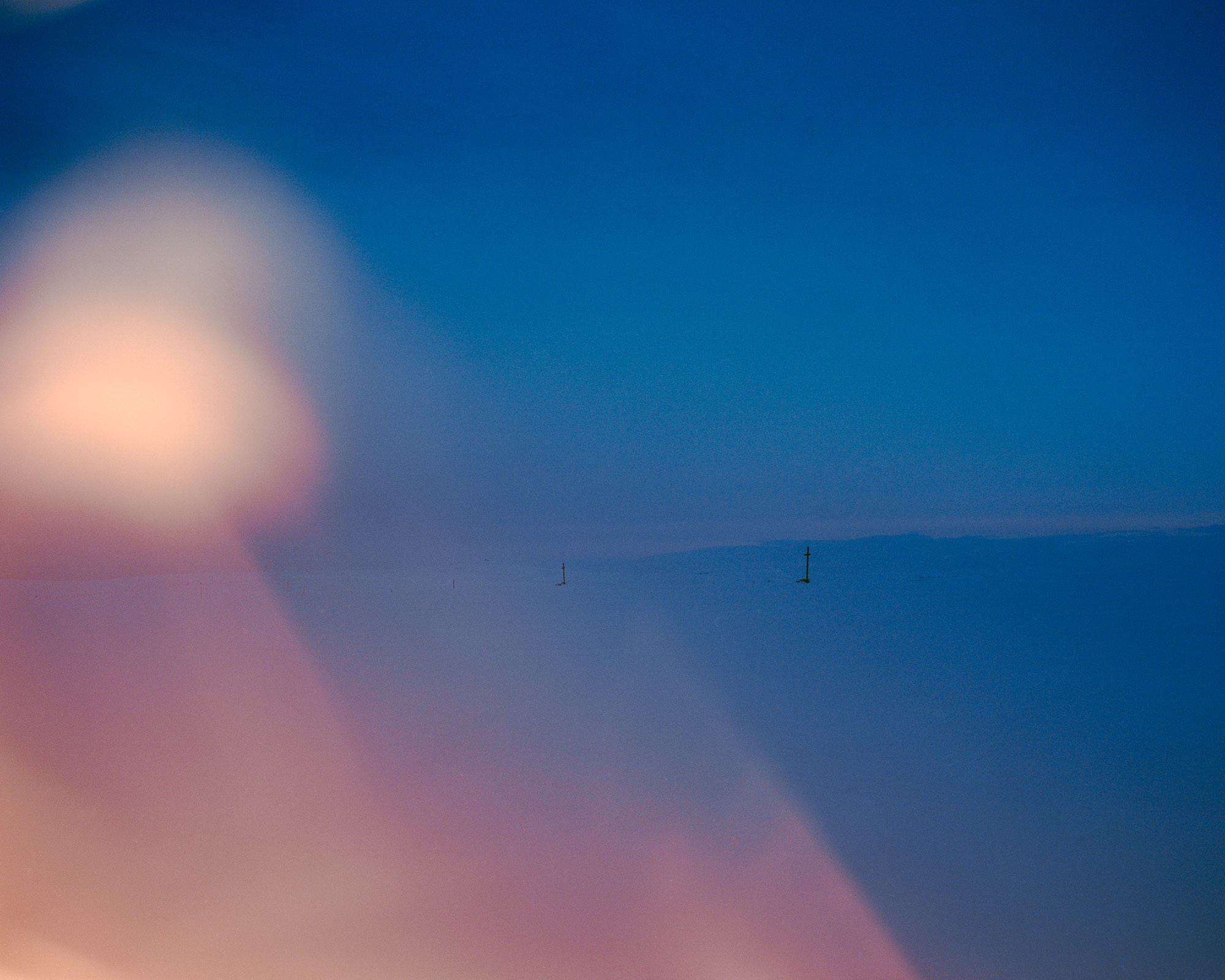
••••
Landscape is not environment — not Umwelt. As one takes part in the characteristics of landscape (temperature, visibility and the like), landscape remains at a distance which may really be insurmountable — but treating landscape as non-environment attempts a direct engagement, if not with the landscape itself, then with the remoteness of it.
••••
The failure of landscape theory is it raises questions that want to be answered reductively, almost as if converting landscape into interior space, something less uncooperative.
Perhaps, theory could turn poetic. The readership is already in the single digits.
••••
A poetic theory of landscape would treat its own sentences as something akin to places — uncertainties, hovering at an entity-like level of being, but never quite coming together in a definitive whole. Boundaries are most real when they are half-boundaries. Everything else needs to be propped up by force.
••••
Binary logic is tied with Platonism, perfect forms that open the world to the strangeness of things, but then limit it to just one kind of strangeness — hence the nature/culture divide. So while Clark’s “things we did not make” does, certainly, ring true — the unending debate whether or not we are nature, is largely missing the point. Nature is not nature.
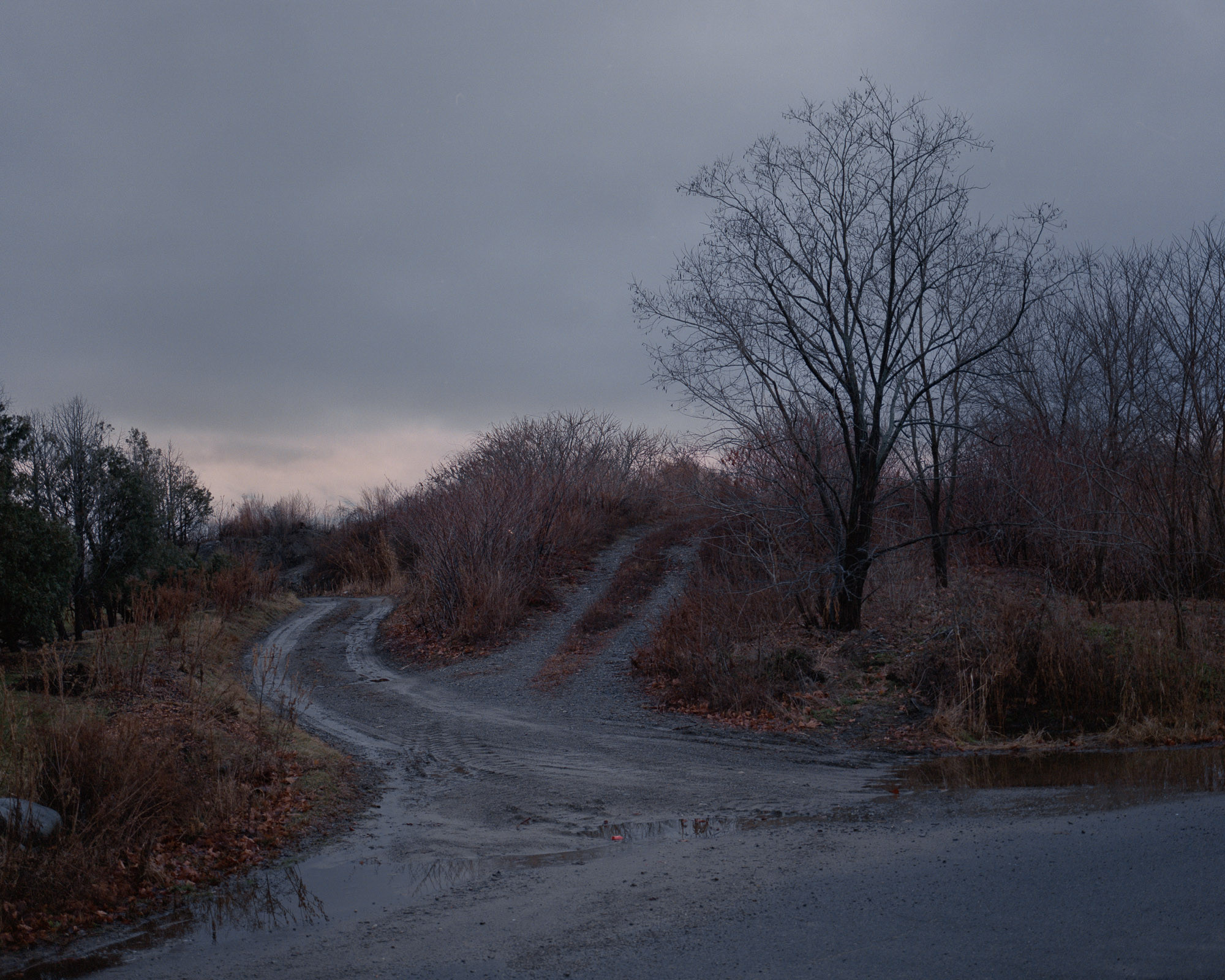
••••
In Enūma Eliš, the state is the true creation; the world and everyone in it a mere byproduct. The natural is not just subordinate — it is a legacy of defeated revolt, a guilt-based enslavement. Rivers obey irrigations because they are of a dead god. Opposing development is thus reenacting a cosmological failure — which, on some level, is something we still believe.
••••
The only error of dualism is the rule of excluded middle. Matter is not fallen if it can not be clearly demarcated — and for what purpose? Hierarchies collapse at the basest of imprecisions, the natural order being disordered nature. Immanence vs transcendence fight is attempting to limit strangeness, to stand victorious in a barren. A strange wish.
••••
Everything that places accessibility below something else — will, at least to a certain degree, appear incoherent. It is true of language; it is also true of the mountain patterns, their remoteness matched perfectly by the unpredictability of conditions: sun to hail and back within half an hour. A chaos at work, speaking of the inadequacy of coherence.
••••
Maybe there is no landscape tradition in Western culture. The peaks are disparate; their placement into a more than just chronological linearity would be of extreme conservatism, a need for a continuity calling for its invention.
Every eye, then, is a period eye. Maybe wild animals really did help the Benedictine monks build their monasteries. Who are we to judge.
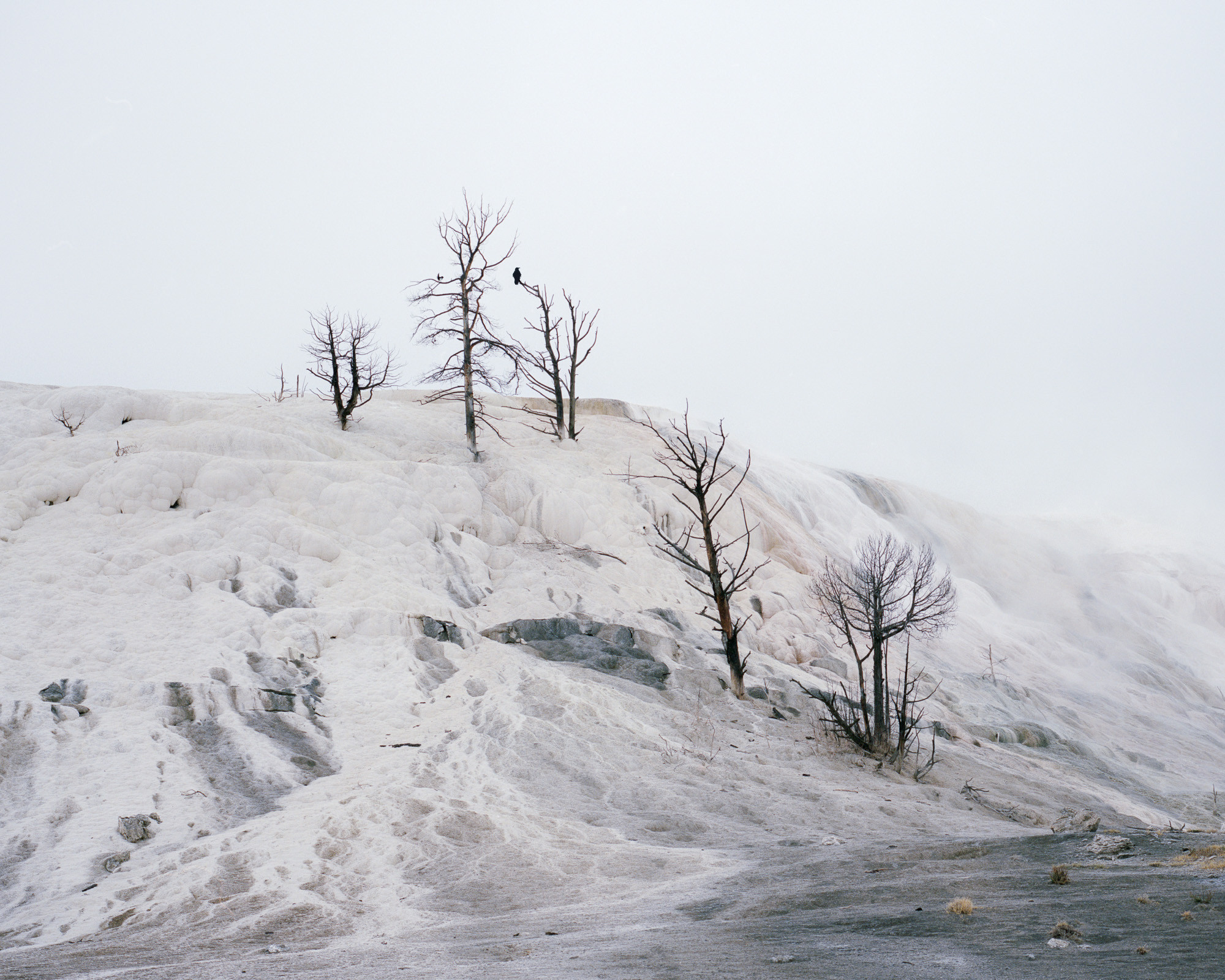
••••
Everything vernacular speaks of coherence, landscape is no different. Things exist in agreement, be it between soils and seasons, rocks and buildings, paths and their directions — a metaphor of a world one can indeed live in, if not entirely understand it — rapidly decohering into a terra near the outskirts. For the commons, clarity is alignment with daily use.
••••
The longing for landscape does, probably, exceed any given landscape — which is to say that movement is not a failure to stay in one place. Even the hermits traveled. Still, it is hard not to see this condition as restlessness, chasing a deity across the surface that it embodies.
••••
One has to despise it a bit — the spectacular. An odd happening of geological features that break something off from the mundane so completely it almost calls for itself to be seen — like space necessitating significance simply by being big — and, by implication, making it ironically pedestrian. Some sacred sites really were overlooks. Most were not.
••••
Most human wants are satisfiable and specific — but there is a pervasive reappearance of a kind of an all-landscape, a multitude happening in one place, be it in the imagination, an artwork, or, often, in reference to an afterlife. Things that resist definitions carry some strange desires — but even stranger is that they carry desires at all.
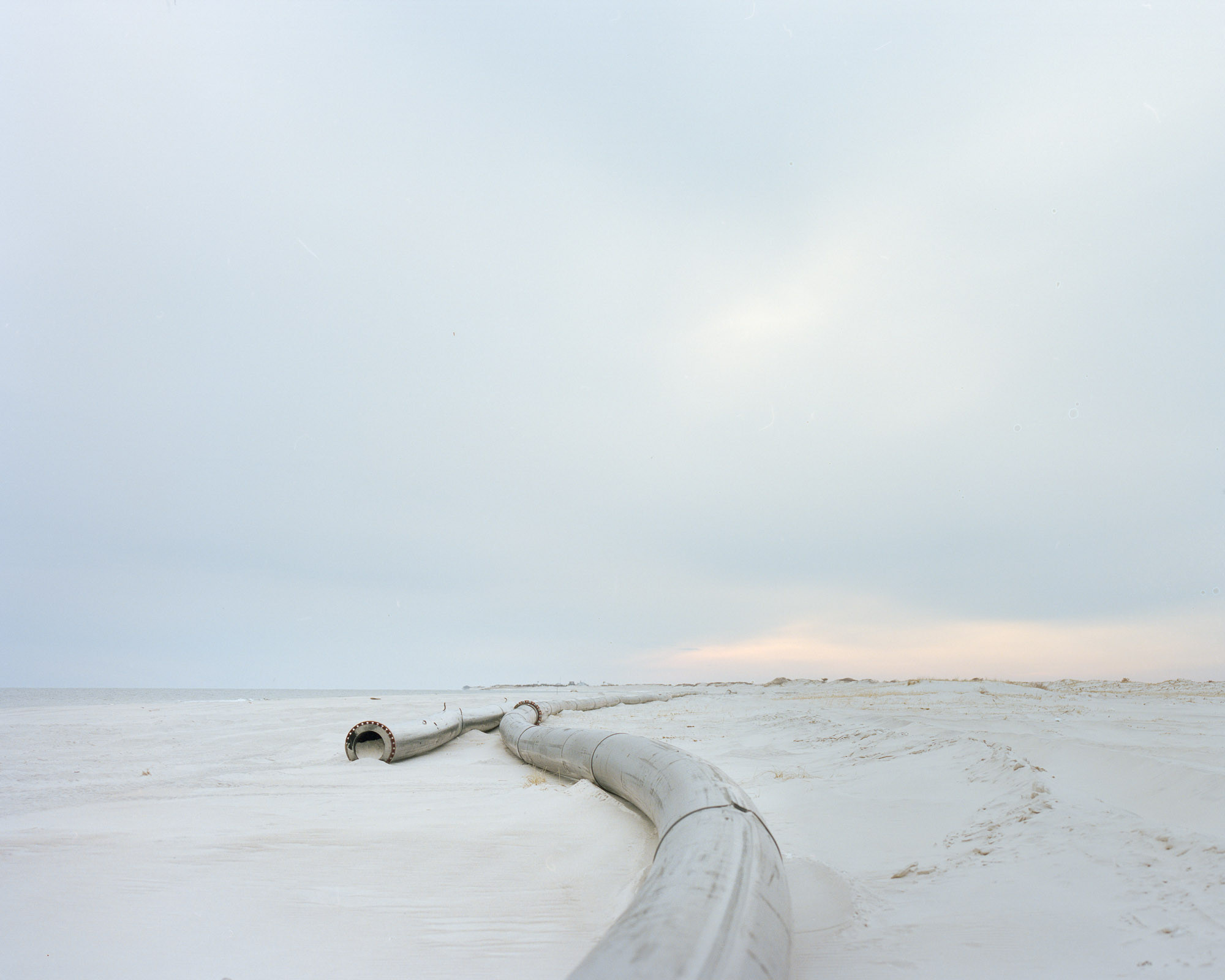
••••
Could the language of landscape be non-propositional? Things aren’t structured as statements, the models are. A rock or a tree might as well be a poem — giving itself to a totality of being that is unknown to it. A bearer of itself.
••••
Ironically, most of Altdorfer’s unpeopled landscapes really do feel without subject — a failure that is entirely compositional — so the harmonic powers of sainthood and form are essentially the same. Creation, revolving around a footbridge.
••••
That φύσις κρύπτεσθαι φιλεῖ is precisely what puts industrial production at odds with organic growth. Neither a grove, nor a parking lot have complete definitions or an ontological edge — but the latter, being man-made, functionally assumes both.
In the end, the problem with parking lots is not that they aren’t ontologically superior — it’s just that they’re fucking ugly.
••••
When one experiences a small earthquake while sitting outside on the ground, things suddenly cease being merely one’s surroundings. They get vivid, unspeakable — but they were always this way. It’s the ordinariness that is the distortion.
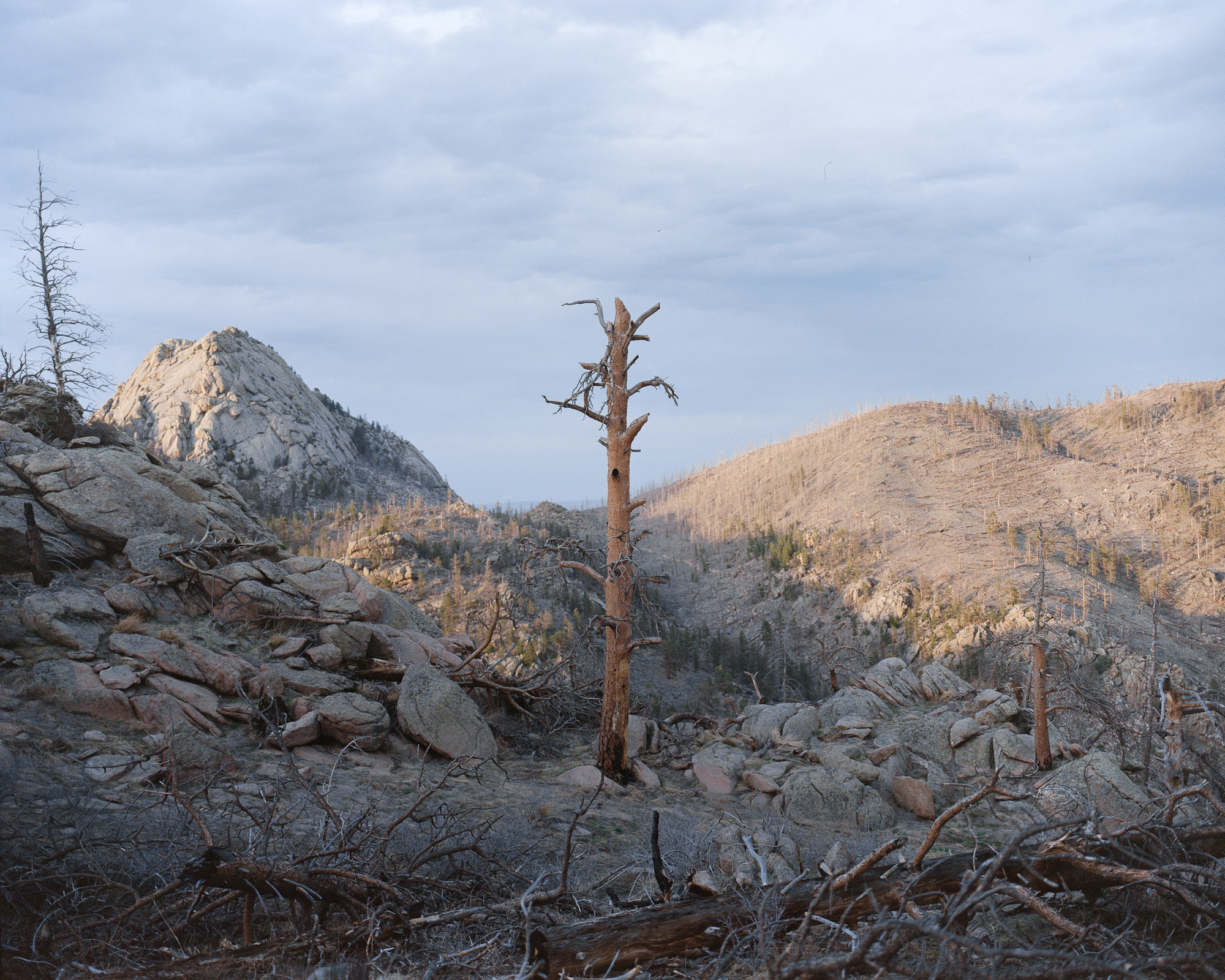
••••
The making of an altered terrain is not dissimilar to that of a representational image: it is composed, framed-out, it uses displaced materials in low supply, and it eventually sets tone. An altered land is representational of itself. Hence, an overlook, a “living panorama”, is the best chance for a spectator to enjoy the view without suspecting something is deeply off.
••••
Groves, as spaces, are self-made. There is no one to sweep the floor. We discover them in the same way we discover freshwater sources and walkable paths — as anomalies, benevolent, maybe, but mostly just separate from the chaos between. This suggests selfhood, inarbitrariness, something beyond a coordinate grid.
••••
On history as nature. There is a structural timbre to how things happen, in their localities and directions. A cultural horizon looks epidemic, an achievement of equilibrium, and just as fatal. We know individual specimens are unpredictable, regardless of species. An appearance of an absence of will could simply be that we didn’t find it.
••••
In “50 Steps to Landscape Thinking”, Oles proposes we get on our knees and dig — something that would presumably look comical to our land-unalienated ancestors, a yet another symbolic action as distance. Residual Romanticism insists, simultaneously, on non-belonging and Emerson’s metaphysical ownership — but all of these obsess over people. The outside is only a stage.
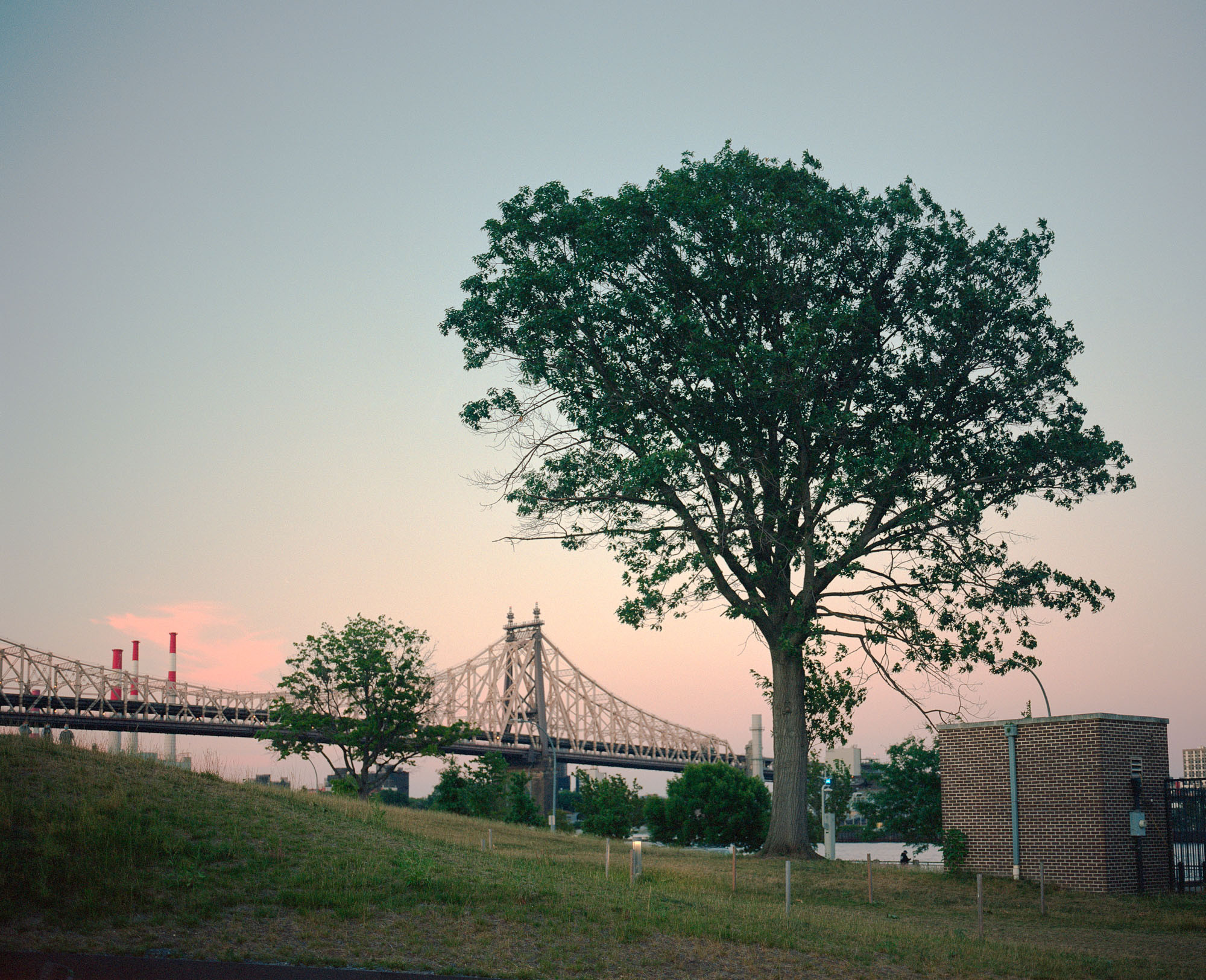
••••
Lyricism has to do with a self-sufficiency of parts. One can write an ode to a flower field, but hardly an epic — and yet, the implication still has to be comparable in scale. A part has to not just speak for the whole, but transcend it. Perhaps that is why a crop of a good painting can result in another good painting: not scalability as much as its indirect refutation.
••••
It’s less surprising that some places were deified, than that others weren’t. A limb was thought to fall sick if the spirits abandoned it — by analogy, that would make a vast number of places non-sites, at least until monotheism claimed them all. Strange. They were made of the same stuff, which suggests a deficiency of arrangement. Unsuitability for devotion.
••••
Simplification is the failure of nature writing, how it becomes a genre. Vacuum is nature. Dimensionality, quantum fluctuations and mass are nature. Our using this word to mostly mean bears and eagles — betrays how we are simply very impressed by them, but don’t particularly want to investigate what they’re part of. And nobody’s keen on being a faunal poet.
••••
Our insight into the land might as well be special — just as our estrangement. Philosophies of access battle the notion, but it can’t be brushed off just because some of us have finally discovered humility. The worst part of anthropocentrism is that it has ground, and, if true, would be horrifying.
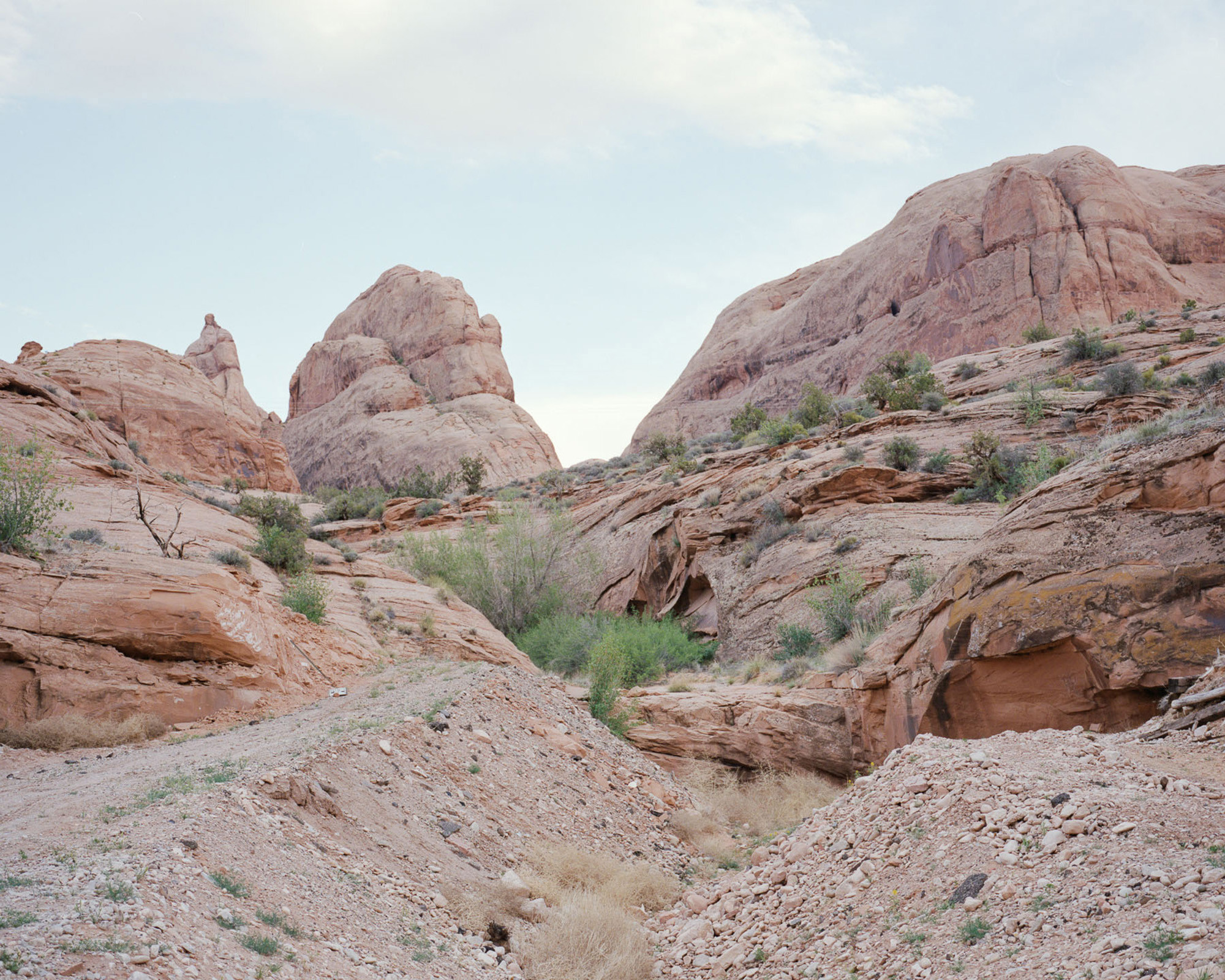
••••
It is bizarre to hear a park ranger say the woods at night spook him into perceiving his own humanity. Belonging is a created problem. If the criteria is inseparateness, it is achieved through presence and risk, having to walk the ground, breathe, suffer the elements — none of which is exclusive to marmots and St. Jerome. Putting a high bar on belonging is a fantasy of being apart.
••••
Left alone, the land usually remembers — or lets go on a geological time scale. So there’s a mild irony in that human impact can only be erased by ways of a bigger impact, a very manual task. A nuclear weapons plant can be raised, covered with soil brought over, and grass will grow. But does it really become — a grassfield?
••••
Landscape is not a neutral subject — it is a total one. Hence the reason it can be used in pictorial arts for every imaginable agenda, but also why it makes evident a pictorial incompleteness.
Being elusive makes it an inexhaustible counterforce. This is good. If we really were in control, we would probably just die out.
••••
Anthropogenic climate change can be described as decaying history, a dethronement of instrumental systems that should, ideally, use everything and leave nothing behind.
Pollution is the stuff of remainder meanings.
No wonder it often appears beautiful, in the most conventional sense.
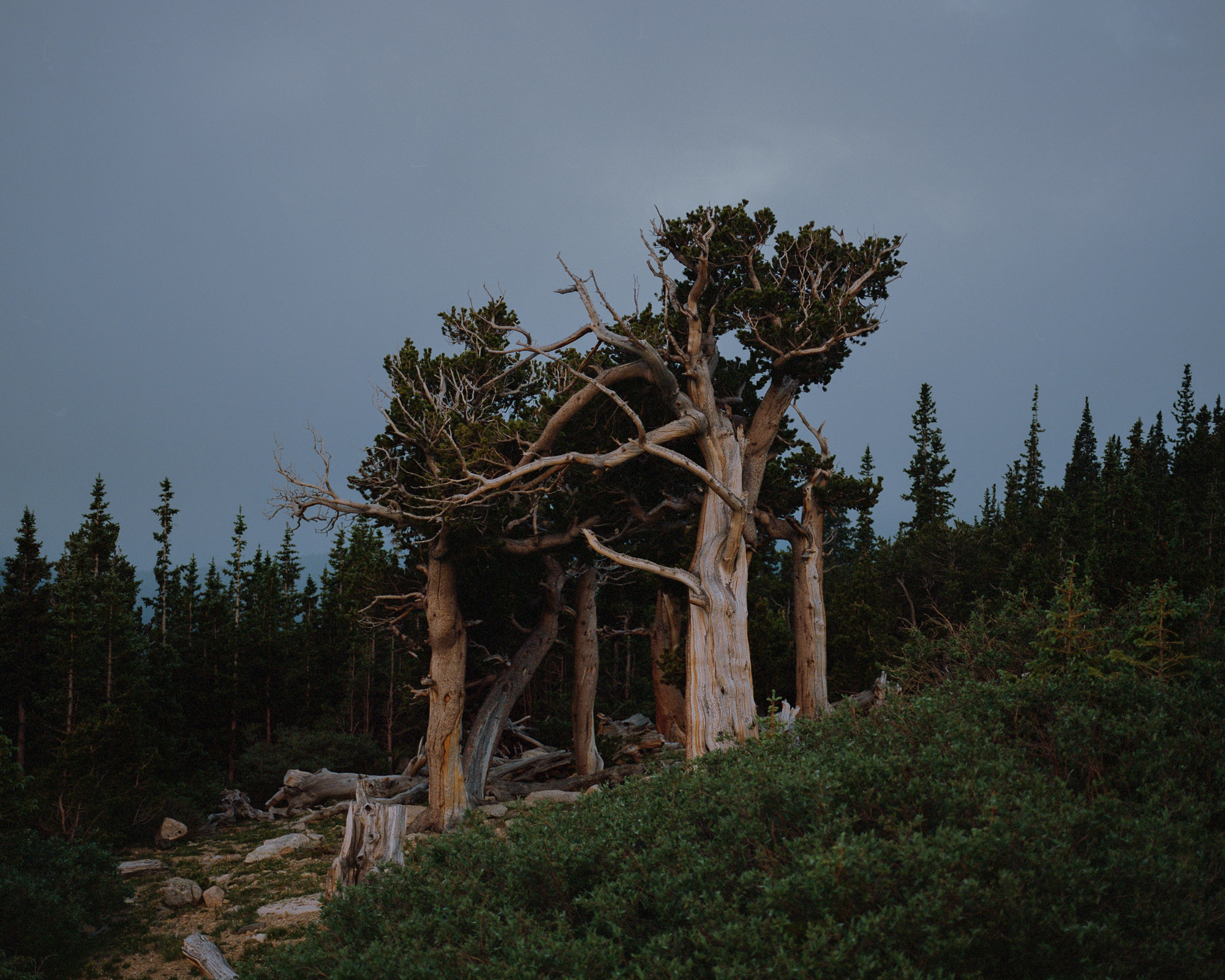
••••
Something is true when it participates in the world — its structure may be semantic, but its basis is ontological. This is how features like form, style and composition are of the things they invoke, making it a vicarious, but persistent connection, an indistinguishable process of presence and absence, a melting and a withdrawal.
••••
Natural objects are in a common condition with sacred ones — naked in their essence enduring a finite world — and as such, can not entirely be debased. A park may replace sacred groves through the obscenity of power, but the trees will still bear fruit, and the waters glimmer — thus letting places emerge as the quidditas, the individuations of place. And the day goes on.
••••
Clarity is indebtedness. You know that the places don’t ask of you, and they couldn’t — but they couldn’t give either, and yet they do. Instinctually, you want to reciprocate, and have nothing to offer. The debt could not possibly be repaid. Even this way of putting it is too economical.
••••
This writing does not unify, propose, or explain. Cautiously poetic, it attempts an emergence from a kind of interior space onto a kind of an outside. If the land is indeed semiotic, writing about land is, in part, a translation, a striving after an in-between language, unmediated by meaning. Turning one’s own language into this hidden one is the terminus of poetic speech.
—
The full series is hosted at n-e-v-e-r-t-h-e-l-e-s-s.com.
